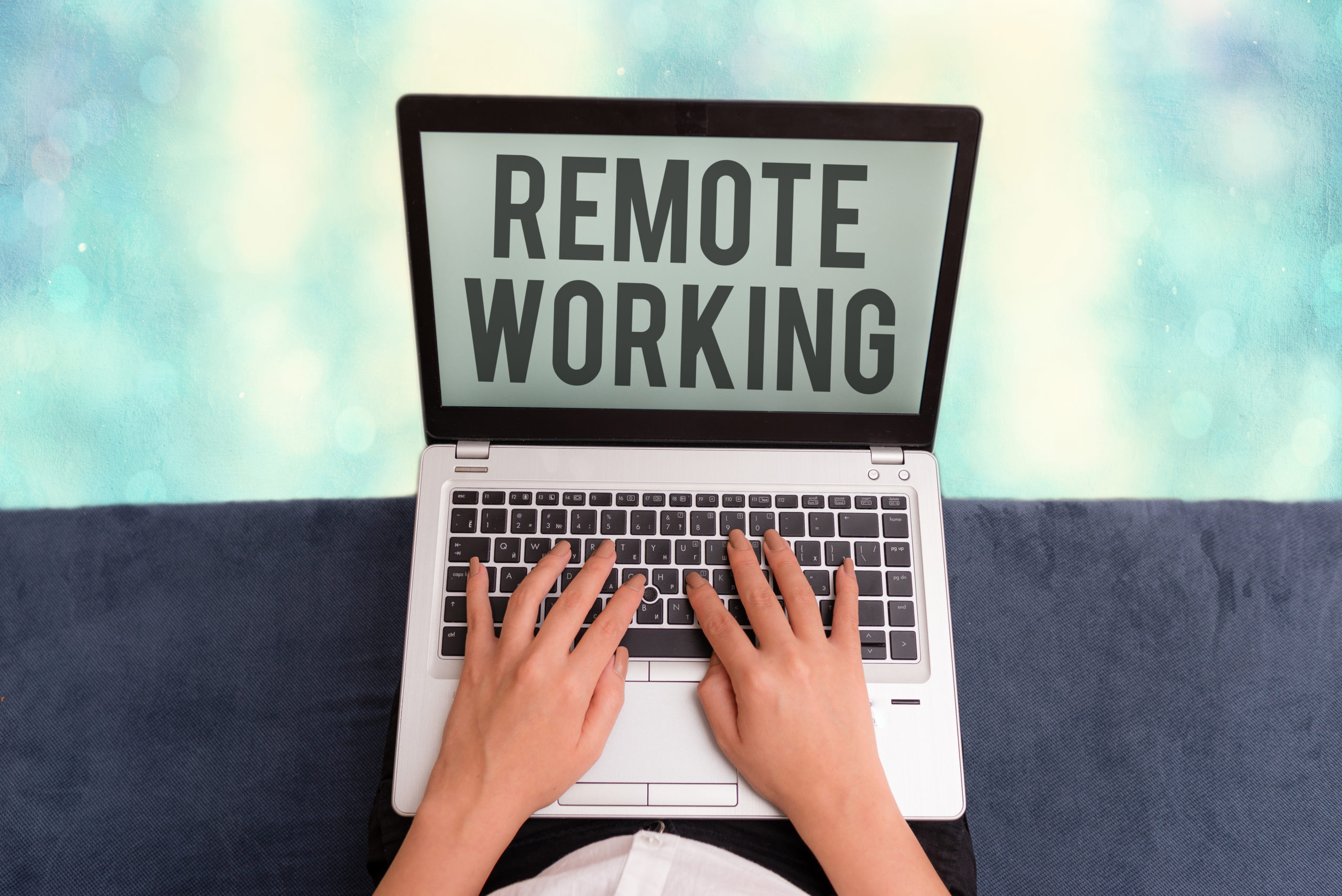Remote Work: A Blend of Challenges and Opportunities
 Shinetech Software
Shinetech Software
When discussing my experiences with working from home with friends, I often sense their envy towards this way of working. However, despite their perception of remote work as comfortable and liberating, my own experience has been quite different. I would like to delve deeper into why working from home is not as easy and pleasurable as people imagine. What are the challenges and difficulties involved? Moreover, what higher demands does remote work place on workers?
The Challenge of Missing External Pressure
The first challenge is self-discipline! Although this is a topic that is often talked about, it involves everyone and cannot be ignored. Because at home, there are no colleagues around, and the lack of a work atmosphere makes it challenging to quickly get into the work state and avoid wasting time at home. Relying on one's inner strength to compensate for the missing external pressure is actually quite difficult.
My current method is to change my perspective on this issue, understanding that self-discipline is not something that can be formed instantly, nor is it innate. It's similar to courage and perseverance; it needs to be cultivated gradually over time, and our daily self-control is also limited. Therefore, don't fall into self-blame because of a temporary lack of self-control, nor should you expect to be fully focused all the time. Instead, pay more attention to slow changes and see if there has been any progress over a month. In fact, it is only necessary to seize a key period each day and ensure focus during this time. As you continue to exercise and improve, the time you can concentrate will gradually increase. Of course, you can also use tools to assist yourself, such as the Pomodoro Technique.
The second challenge is the ability to plan your work and life. Our middle school physics teacher told us: force has a direction, and so does pressure; it is also directional. When this force weakens, the motion of an object will change, and the same is true for each of us.
Since I started working from home, I have been lost for a long time because there is no pressure, and it seems that anything goes, but at the same time, nothing feels right, with no feedback. Although I have specific work to do every day and code to deliver every week, I still feel that my life lacks order, and to this day, I do not have a clear direction or plan.
Fortunately, I have slowly begun to make daily and weekly plans for myself, specifying what work I will do each day, what knowledge I will learn, and whether I will go to the gym or watch TV during my rest time. Gradually, I have found a rhythm that suits me, and my mindset has improved somewhat.
Looking back now, because we receive less feedback from the outside world, it's easy to get lost, anxious, and worried. Daily planning brings a sense of control within our sight, confidence, and the ability to do well in the present.
This sense of control over life is very important in the context of remote work because it prevents us from getting lost. We may not have a map in hand, not knowing where we are or where we are going, but if we have a light, we dare to set out and slowly find our destination.
The Challenge of Social Relations
If you ask me what the biggest challenge of working from home is for me, my answer would definitely be dealing with social relations.
It's already difficult to expand socially, and working from home makes it even worse. There are no colleagues around, and being at home all the time, without meeting more people, leads to becoming more and more closed off and living in one's own world.
For this, my current approach is not to worry about the breadth and quantity of my social interactions but to focus on my own value. What we lack is not the number of people we know but our own value. First, one must escape from living in a world of one's own, then do well in one's role in work projects and in the family, and carefully examine one's value in existing roles to further understand one's position in social interactions. First, maintain the family, friends, and colleagues around you, and as for expanding territories and getting to know more people, rely on these as a foundation to operate slowly.
Of course, nowadays, there are more and more diverse ways of communication, and we have more ways to stay in touch with the outside world without falling behind.
Challenges Behind Opportunities
Remote work has taken us out of the conventional work environment and into a setting where external pressure and feedback are relatively weak. In such an environment, it's indeed possible to become complacent, much like a frog being slowly boiled in warm water. However, everything has two sides, and opportunities also lie hidden within.
Firstly, remote work provides us with an opportunity to take a more comprehensive look at our jobs. Since we're in isolation, we often face issues that go beyond just technical matters. Questions like how to establish trust with clients thousands of miles away, how to collaborate with colleagues we've never met, and how to adjust our work state can inadvertently prompt us to think about problems beyond technology. We will realize that to successfully complete a project, focusing solely on technology and requirements is far from sufficient.
Over time, I've gradually come to understand that for users, the real value does not lie in technology. Good technology combined with good requirements can make a good system, but a good system itself has no value. Only by integrating a good system with proper operation and maintenance, and in conjunction with the business itself, can we truly bring value to users. Technology is just one part of the equation, and even a relatively small one at that.
Therefore, the value we should pursue should not merely be limited to translating requirements into code but should consider from a more comprehensive perspective the amount of value we can create within the entire system. Although an individual's income is often related to technology, this differs from the value of the software itself, leading us to frequently fall into a technocentric mindset.
Secondly, remote work can train our self-motivation. Compared to the often-discussed self-discipline, I believe self-motivation is more important. In a remote work environment, there's less external pressure, but this also offers us the chance to build our own rules. In remote work, we need to set plans for ourselves, define boundaries between work and life, and impose self-restraint to do well. This is also a process of shifting from external demands to self-imposed demands and a process of cultivating self-motivation.
After more than a year of remote work, my biggest gain has been that my life has become controllable and better planned. I simply arrange my schedule daily, deciding what tasks to complete, what to learn, when to rest, and when to exercise. In previous jobs, planning was often situational, so by the end, aside from salary and hair loss, not much else seemed to change, and I didn’t know what I was busy with as time just passed by.
In conclusion, remote work is not as easy as it seems to onlookers; it comes with many difficulties and challenges. However, the sun always shines after the storm, and facing challenges can also lead to personal transformation.
Subscribe to my newsletter
Read articles from Shinetech Software directly inside your inbox. Subscribe to the newsletter, and don't miss out.
Written by

Shinetech Software
Shinetech Software
Shinetech Software Inc. is a trusted partner and a recognized leader in providing software development services, systems integration, and solution delivery services. We are committed to long-term cooperation with customers by providing dedicated agile developers.